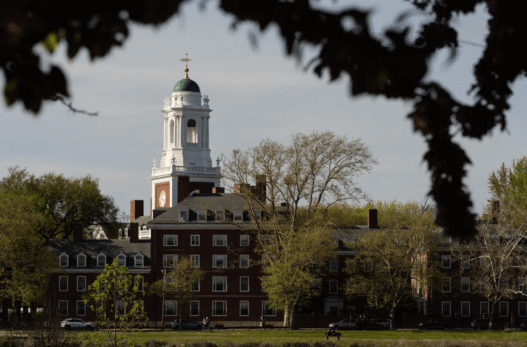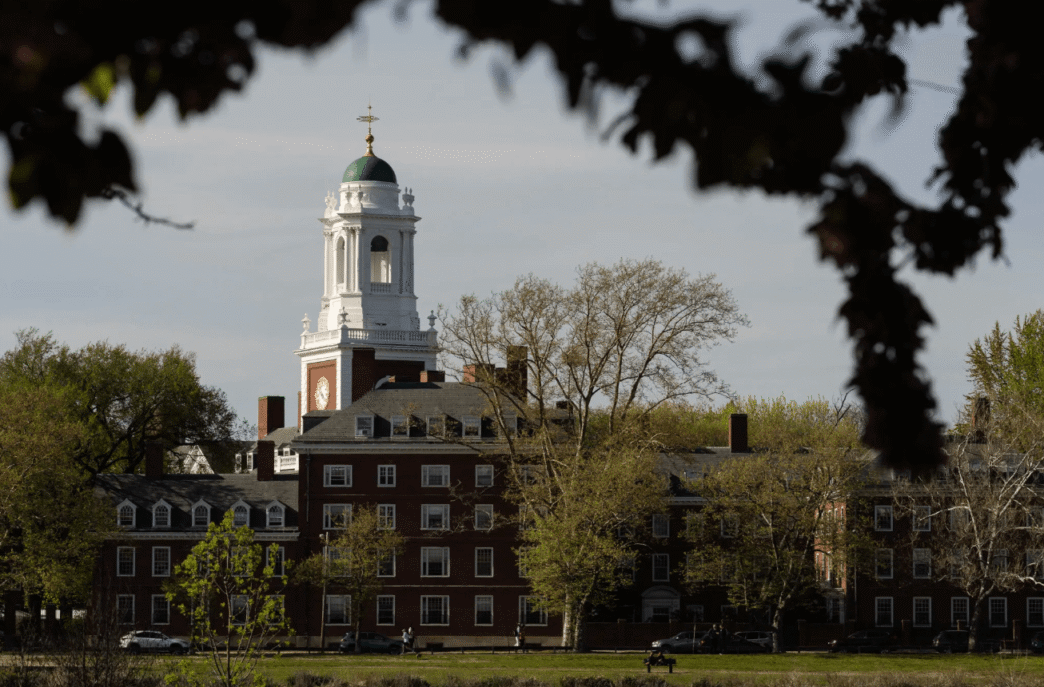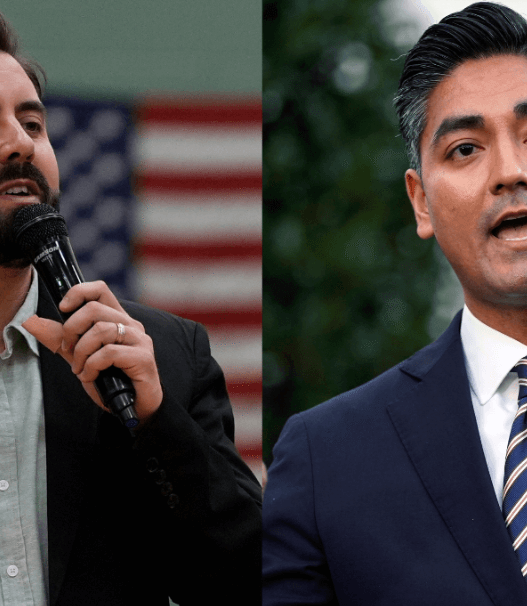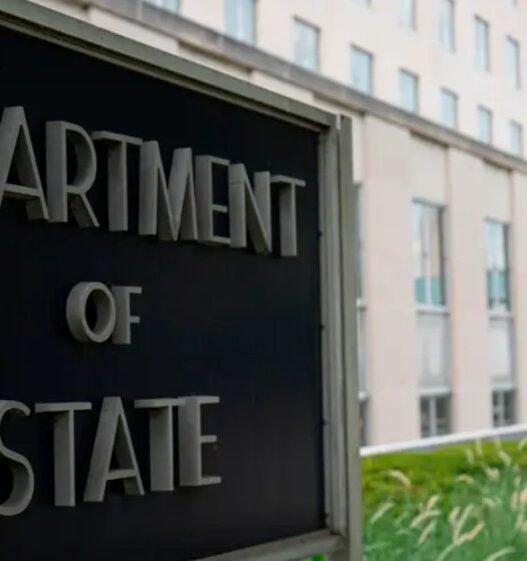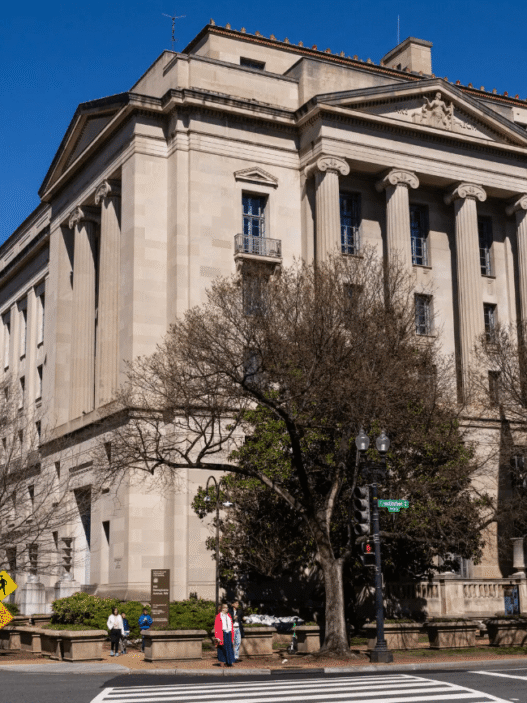The Trump administration announced on Monday that Harvard University will no longer be eligible for new federal research grants. The move is part of a broader effort to pressure the university into negotiating with the government over a range of issues, including campus policies and alleged mismanagement.
In a strongly worded letter addressed to Harvard’s president, Alan M. Garber, Education Secretary Linda McMahon criticized the university’s leadership and accused it of poor governance. “This letter is to inform you that Harvard should no longer seek grants from the federal government, since none will be provided,” McMahon wrote.
The announcement follows a lawsuit filed by Harvard challenging the government’s earlier decision to suspend over $2 billion in research funding. The university claims the cuts were made with little notice and violate legal standards. Harvard is basing its legal challenge on both the First Amendment and the Administrative Procedure Act.
According to an Education Department official, Harvard must address several concerns before it can qualify for new grants. These include complaints about antisemitism on campus, race-conscious admissions policies, and what the administration sees as a failure to support academic excellence—specifically, the underrepresentation of conservative faculty.
Harvard responded Monday night, accusing the administration of seeking “unprecedented and improper control” over the university. A spokesperson emphasized that withholding funding in this manner could be illegal. “Harvard will continue to follow the law, promote viewpoint diversity, and fight antisemitism,” the statement said, adding that it will also resist government overreach that could harm academic freedom and research.
The administration’s letter reflected long-standing conservative criticism of Harvard, calling out incidents of plagiarism, alleged racism, and what it described as the university’s abandonment of American academic ideals.
This latest move represents a strategic shift in how the administration is targeting elite universities. Rather than abruptly cutting off existing funding, which can lead to legal battles, the government is now signaling a more structured denial of future grants. Experts say this approach may be harder to challenge in court.
Federal funding plays a key role in Harvard’s operations. In 2024, about 11% of the university’s revenue—around $687 million—came from federal research grants. While Harvard has a $53 billion endowment, most of that money is restricted and can’t be freely spent. A prolonged ban on federal grants could create significant financial challenges for the university, which is already exploring alternative funding options.
McMahon emphasized Harvard’s wealth in her letter, suggesting the university should rely on its endowment in the absence of government support. “Much of your endowment was made possible by the very prosperity of the United States—something your institution seems increasingly critical of,” she wrote.
This dispute adds to growing tensions between the Trump administration and elite academic institutions, with Harvard now at the center of an escalating political and legal battle.









